Injury
Personal injury
Personal injury is a legal term for an injury to the body, mind or emotions. The term is most commonly used to refer to a type of tort lawsuit in which the person bringing the suit, or "plaintiff," has suffered harm to his or her body or mind. Personal injury lawsuits are filed against the person or entity that caused the harm through negligence, gross negligence, reckless conduct, or intentional misconduct, and in some cases on the basis of strict liability. Different jurisdictions describe the damages (or, the things for which the injured person may be compensated) in different ways, but damages typically include the injured person's medical bills, pain and suffering, and diminished quality of life.
Worker's Compensation
Insurance policies are available to employers through commercial insurance companies: if the employer is deemed an excessive risk to insure at market rates, it can obtain coverage through an assigned-risk program. In many states, there are public uninsured employer funds to pay benefits to workers employed by companies who illegally fail to purchase insurance.
Slip & Fall
A slip and fall injury, also known as a trip and fall, is a premises liability claim, a type of personal injury claim or case based on a person slipping (or tripping) on the premises of another and, as a result, suffering injury. It is a tort. A person who is injured by falling may be entitled to monetary compensation for the injury from the owner or person in possession of the premises where the injury occurred.
Liability for slip or trip and fall injuries may arise based upon a defendant's ownership of the premises where the injury occurred, their control of the premises, or both. For example, a store may be liable for a slip-and-fall injury that occurs inside of its premises, even though it rents those premises, because it has exclusive control of the interior of the rented property. The owner of the premises (the store's landlord) may have sole or shared liability for an injury that occurs outside of the store's exclusive premises, such as the injury from a fall on the sidewalk or in the parking lot of a shopping mall.
Property owners have two basic defenses to slip and fall claims:
- Lack of negligence: The defendant may argue that they were not negligent in creating the condition that caused a person to trip or slip, or were not negligent in correcting the condition before injury occurred. For example, the owner of a grocery store may claim that the banana that a patron slipped upon had been dropped on the floor only moments ago by another patron, and that, in the exercise of due diligence, a typical store owner acting with reasonable care would not have had time to discover the danger and take steps to mitigate the danger.
- Lack of fault: The defendant may claim that the injured person was responsible for his or her own injury. For example, the owner may claim that any reasonable patron, exercising due diligence for his or her own safety, would see a banana on the floor, and take those steps necessary to avoid slipping on it.

